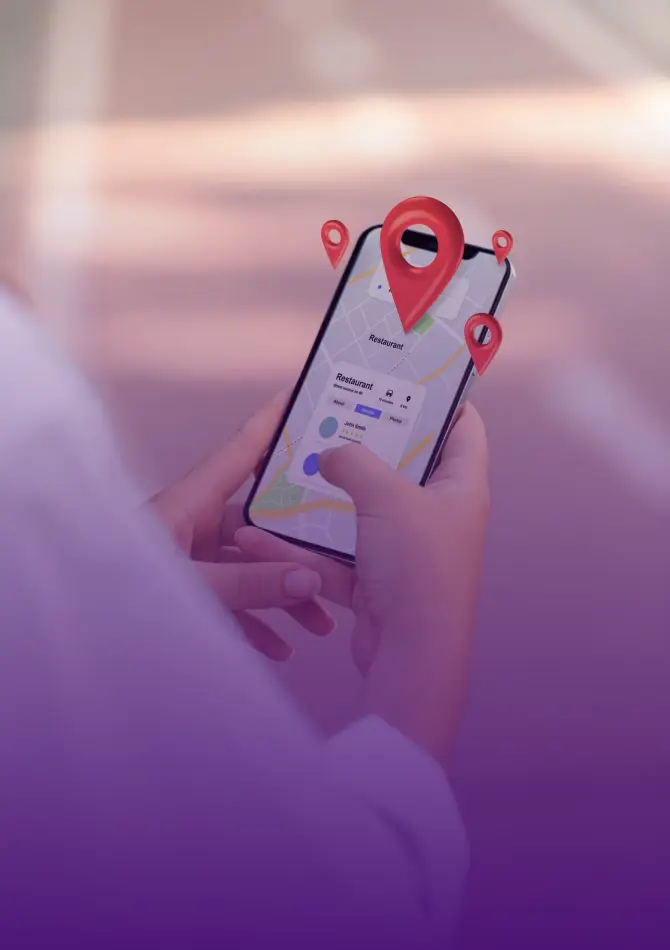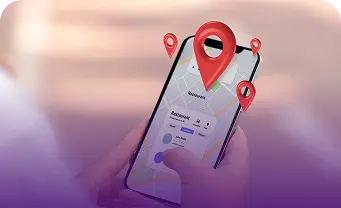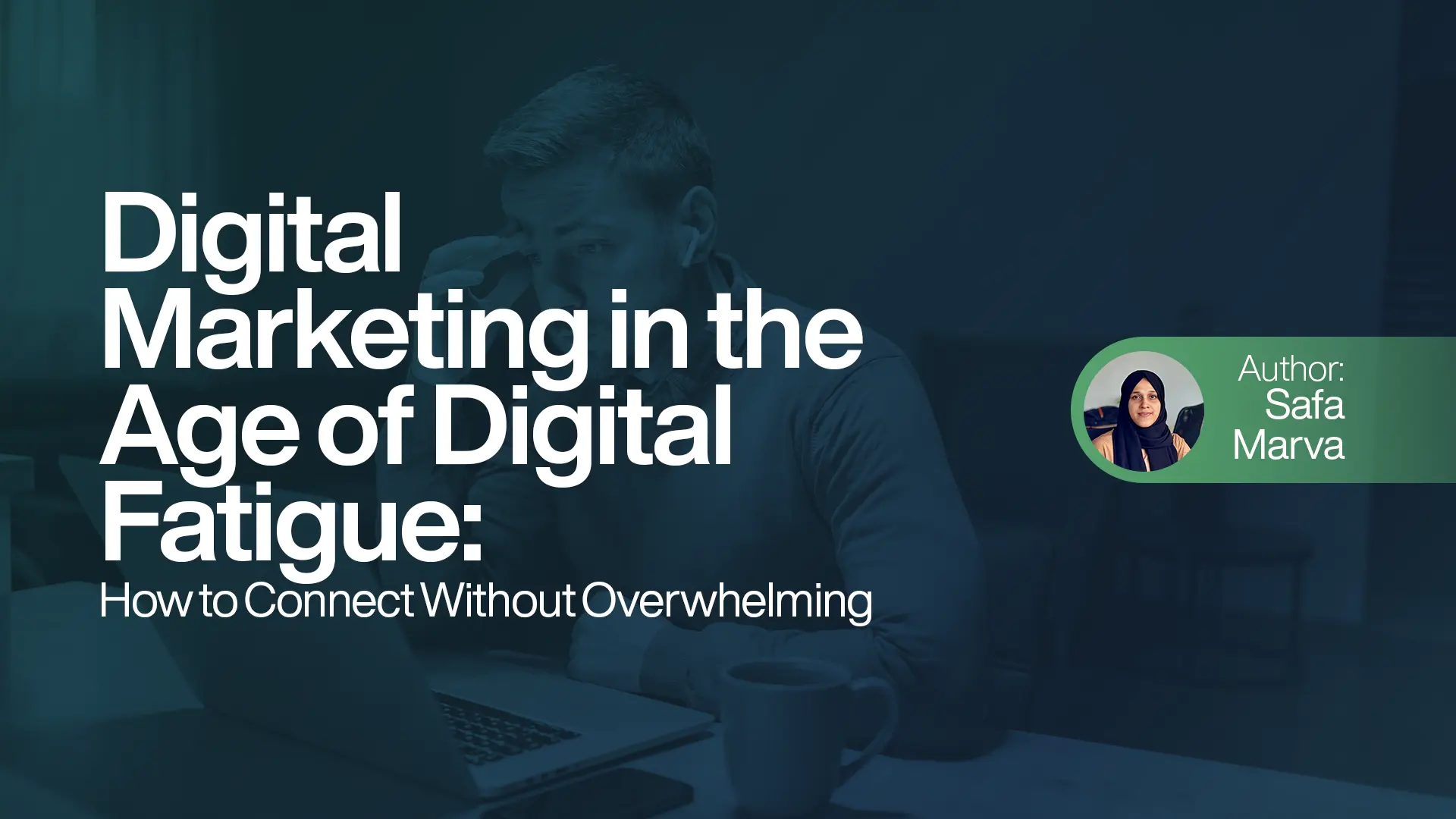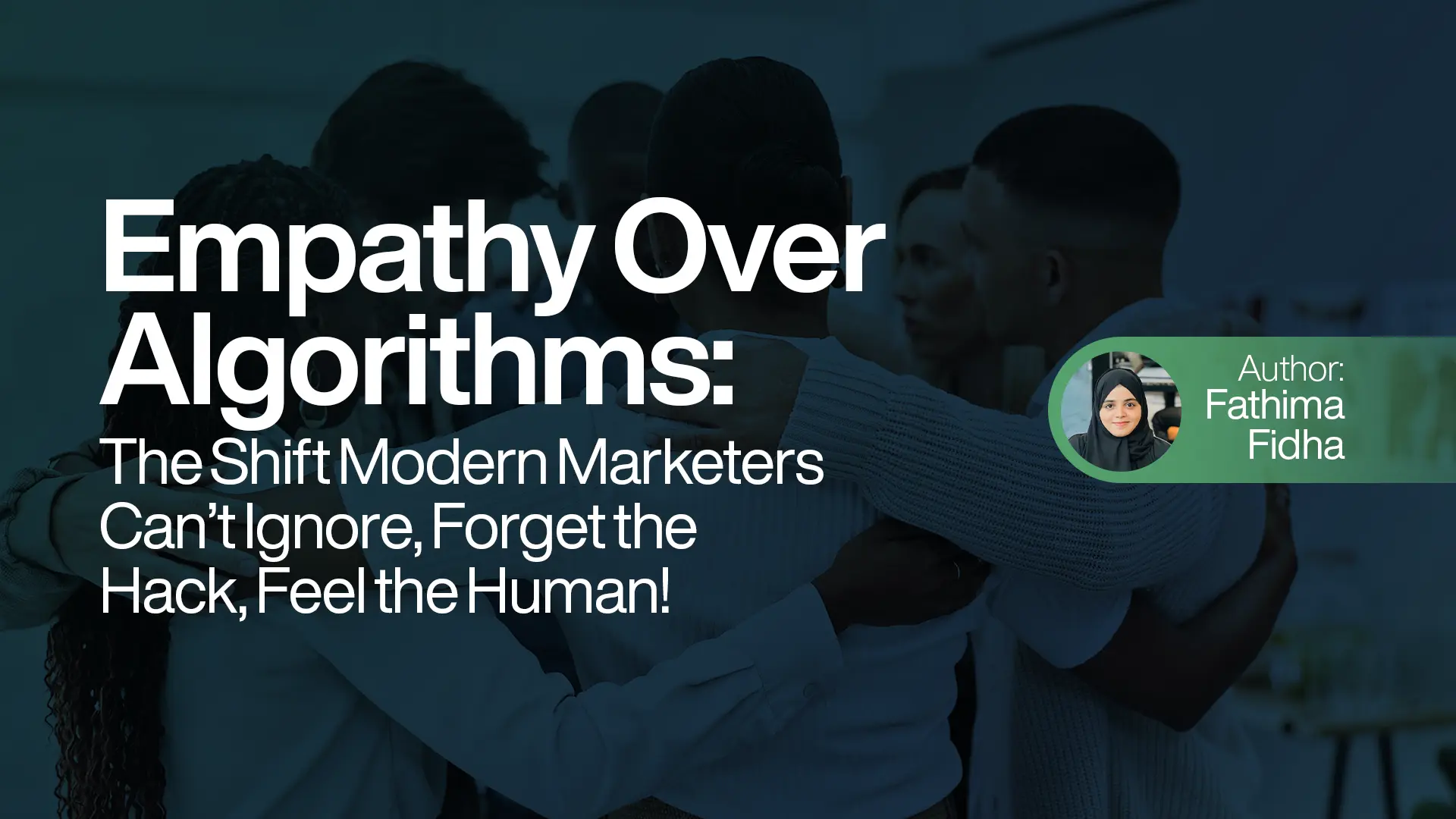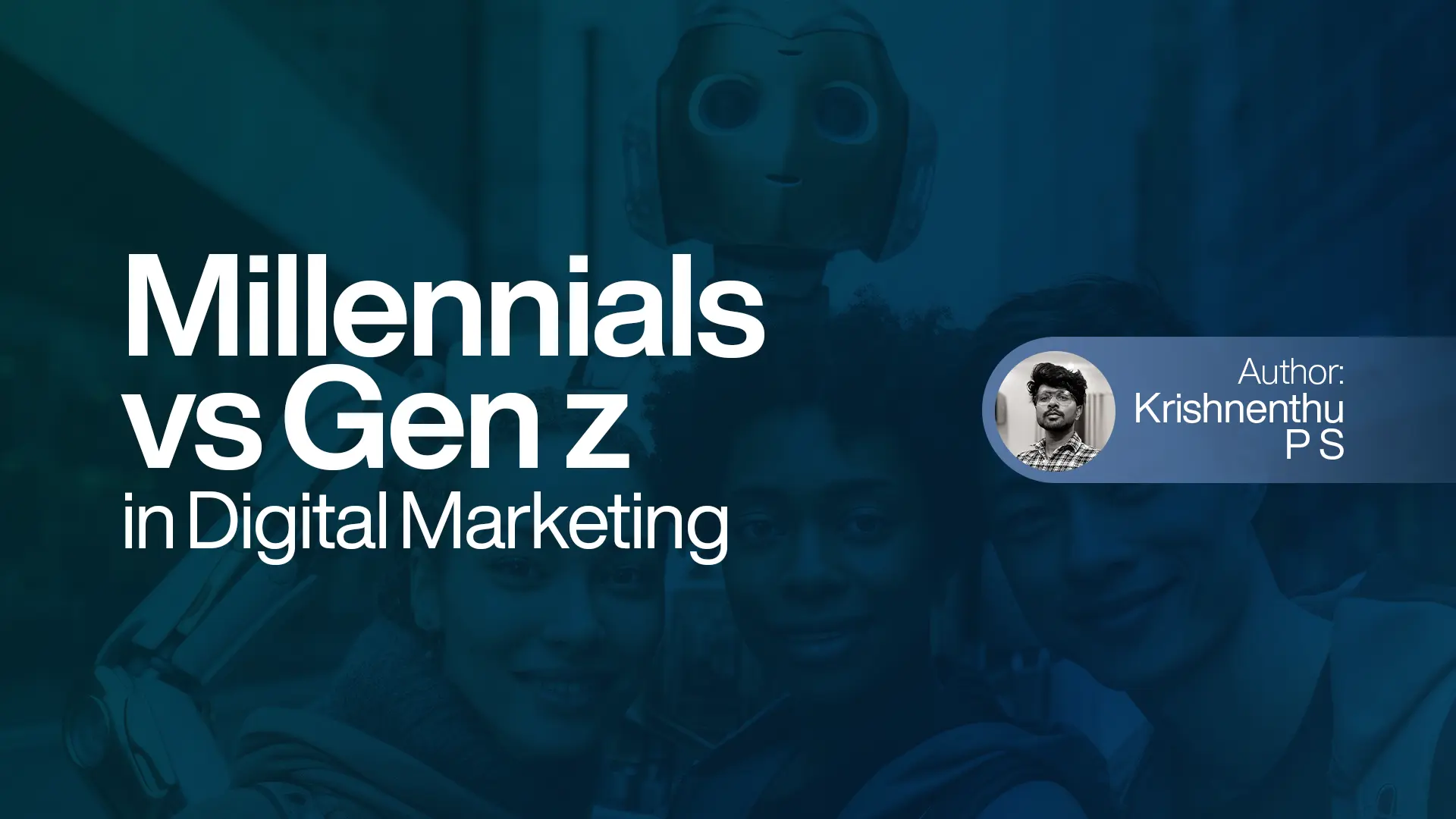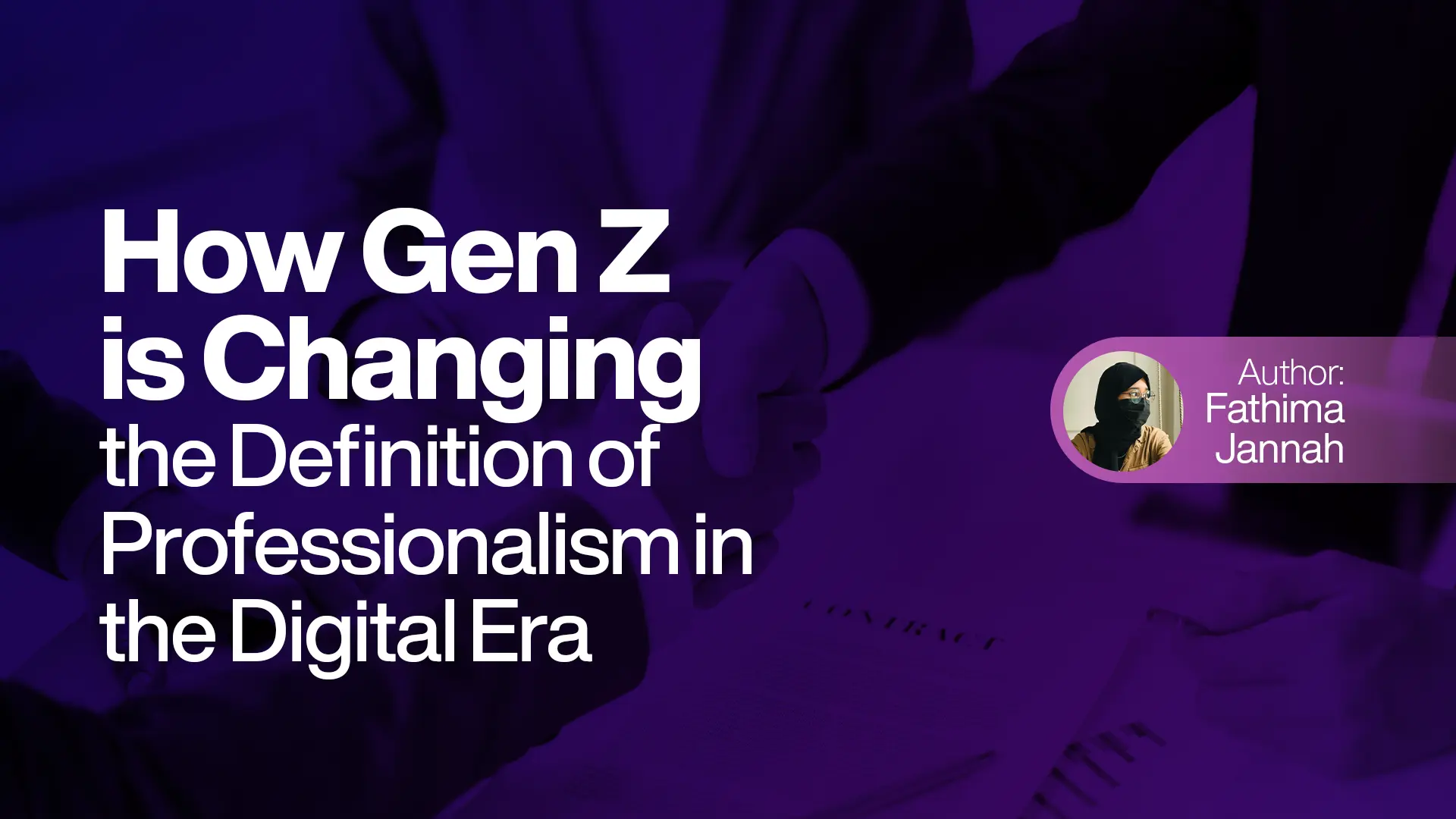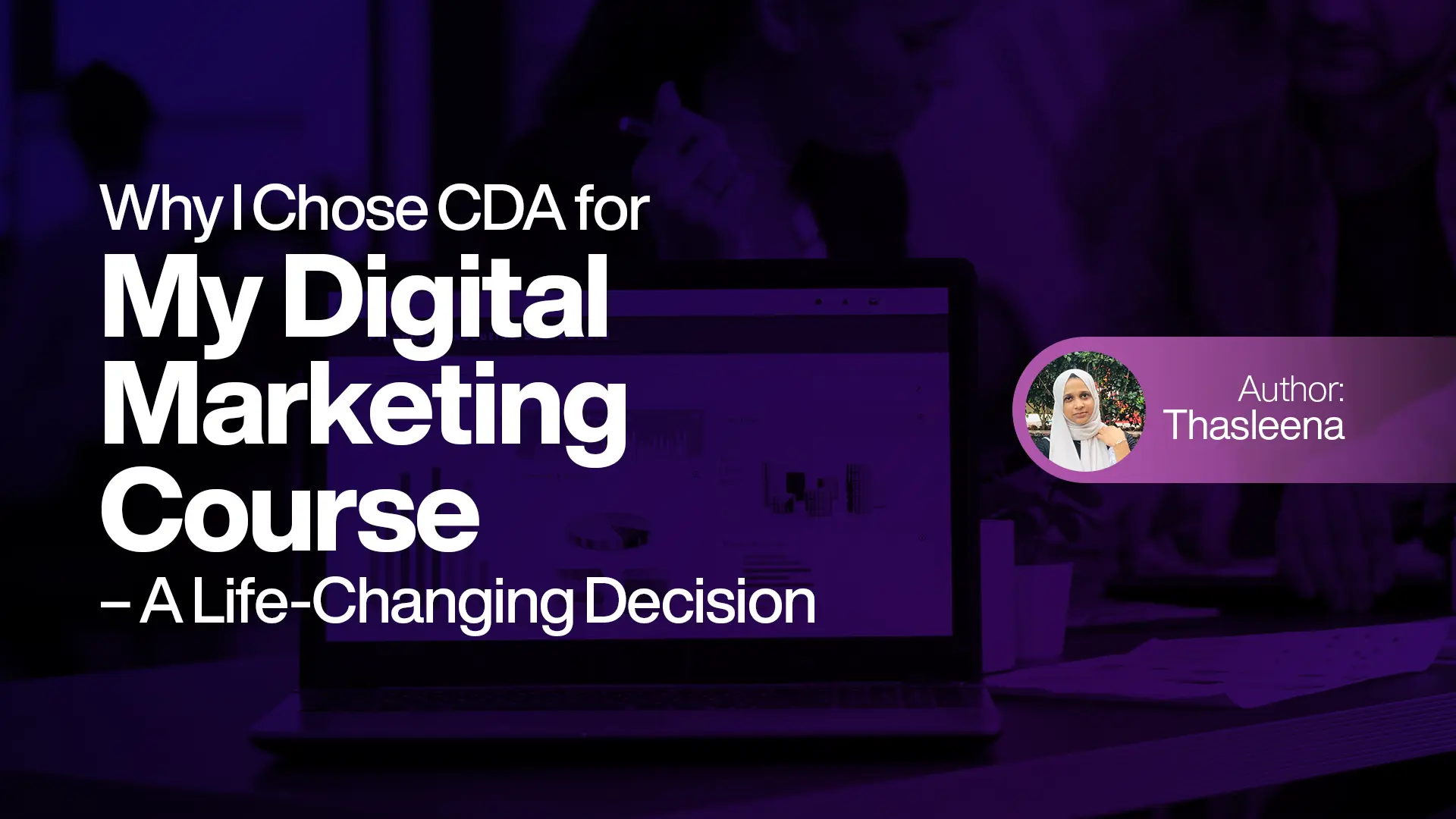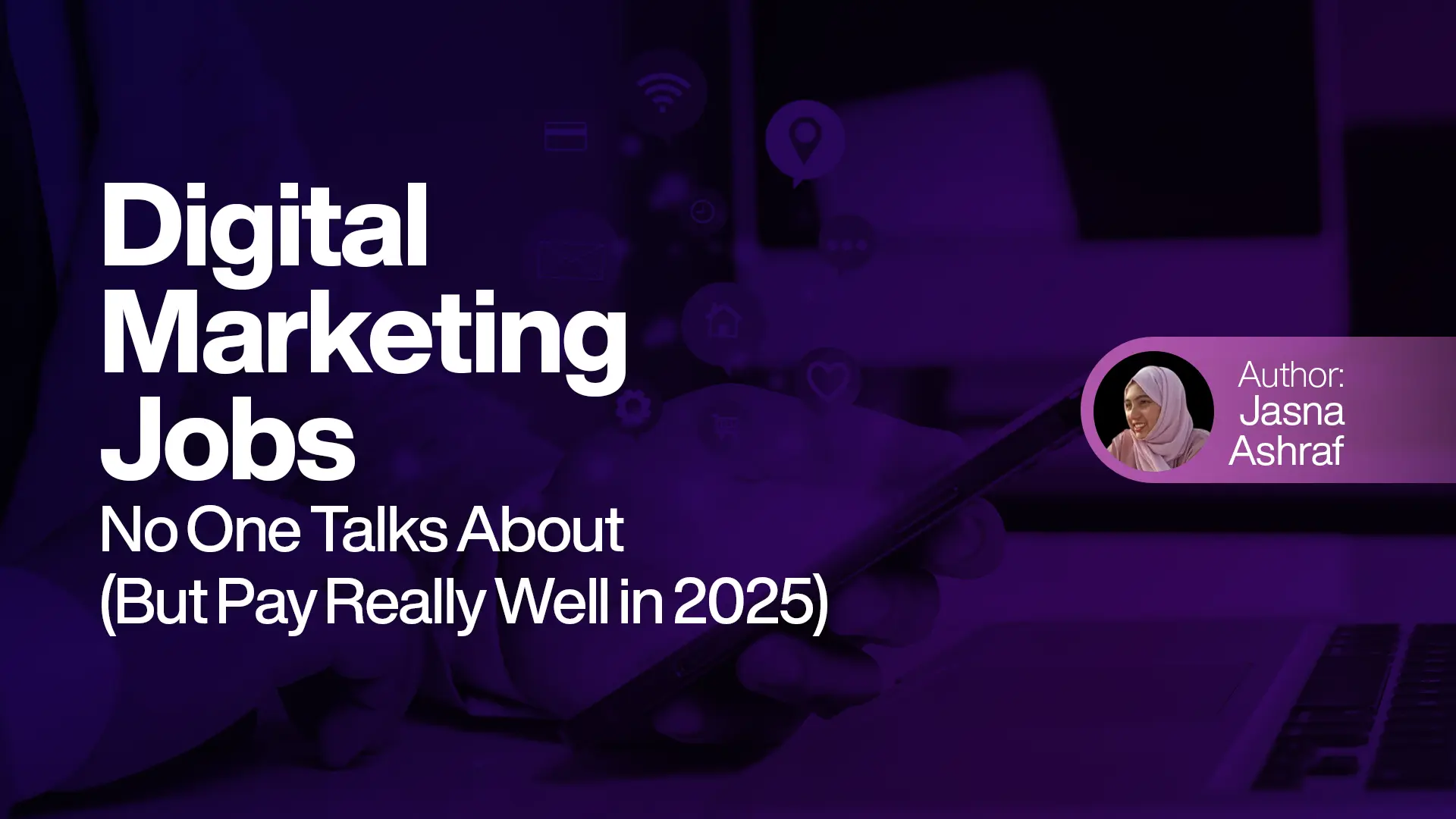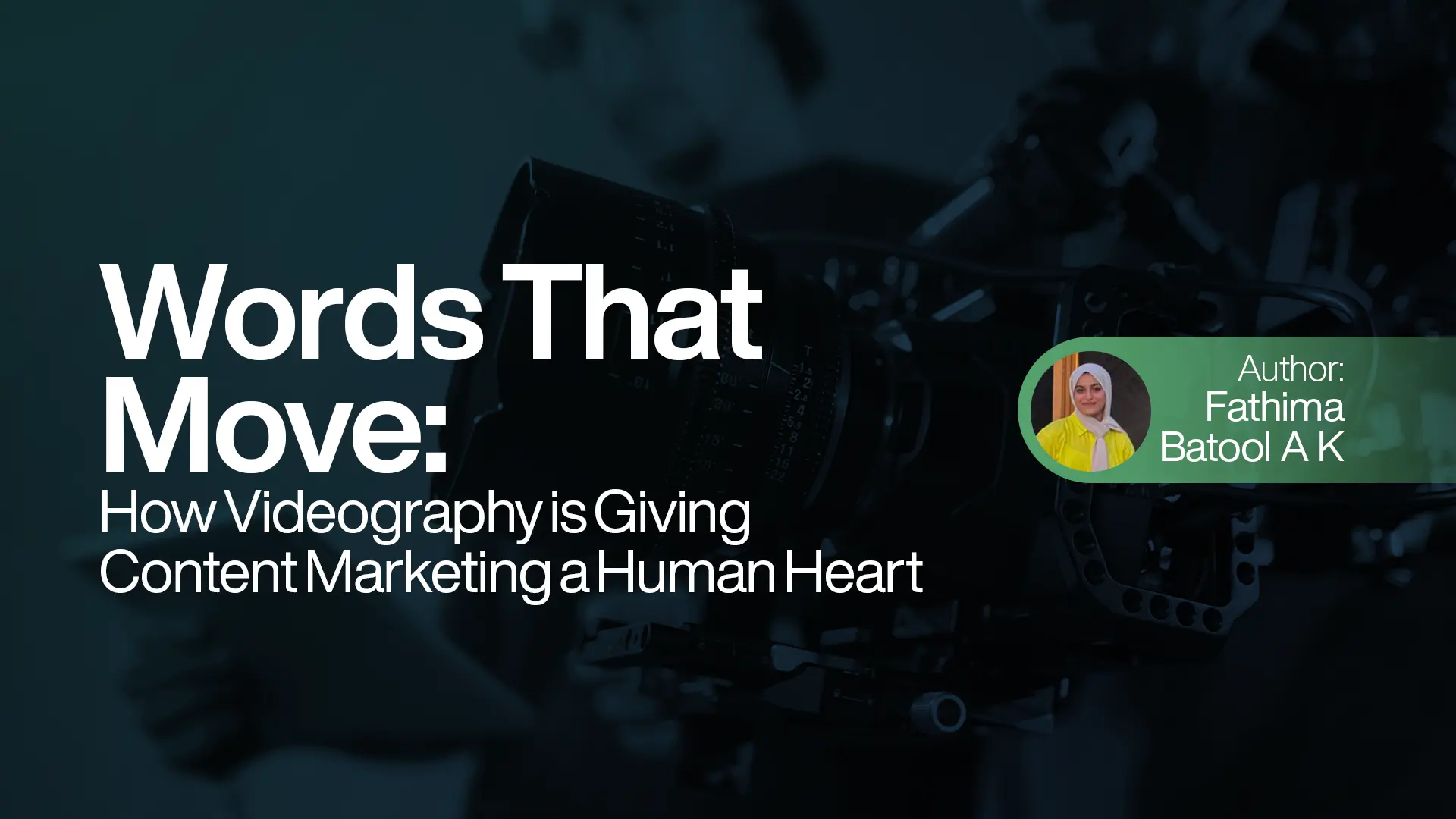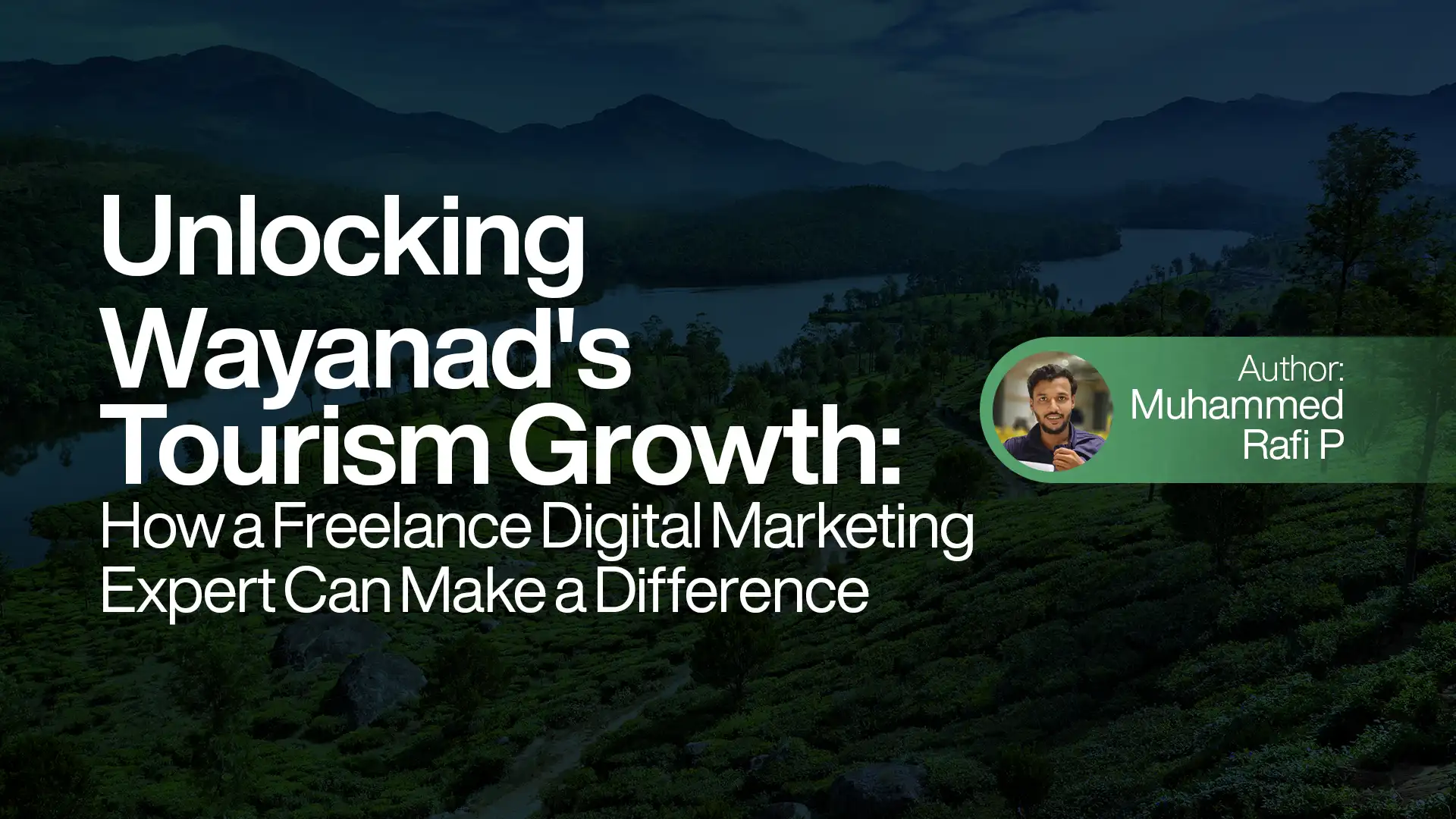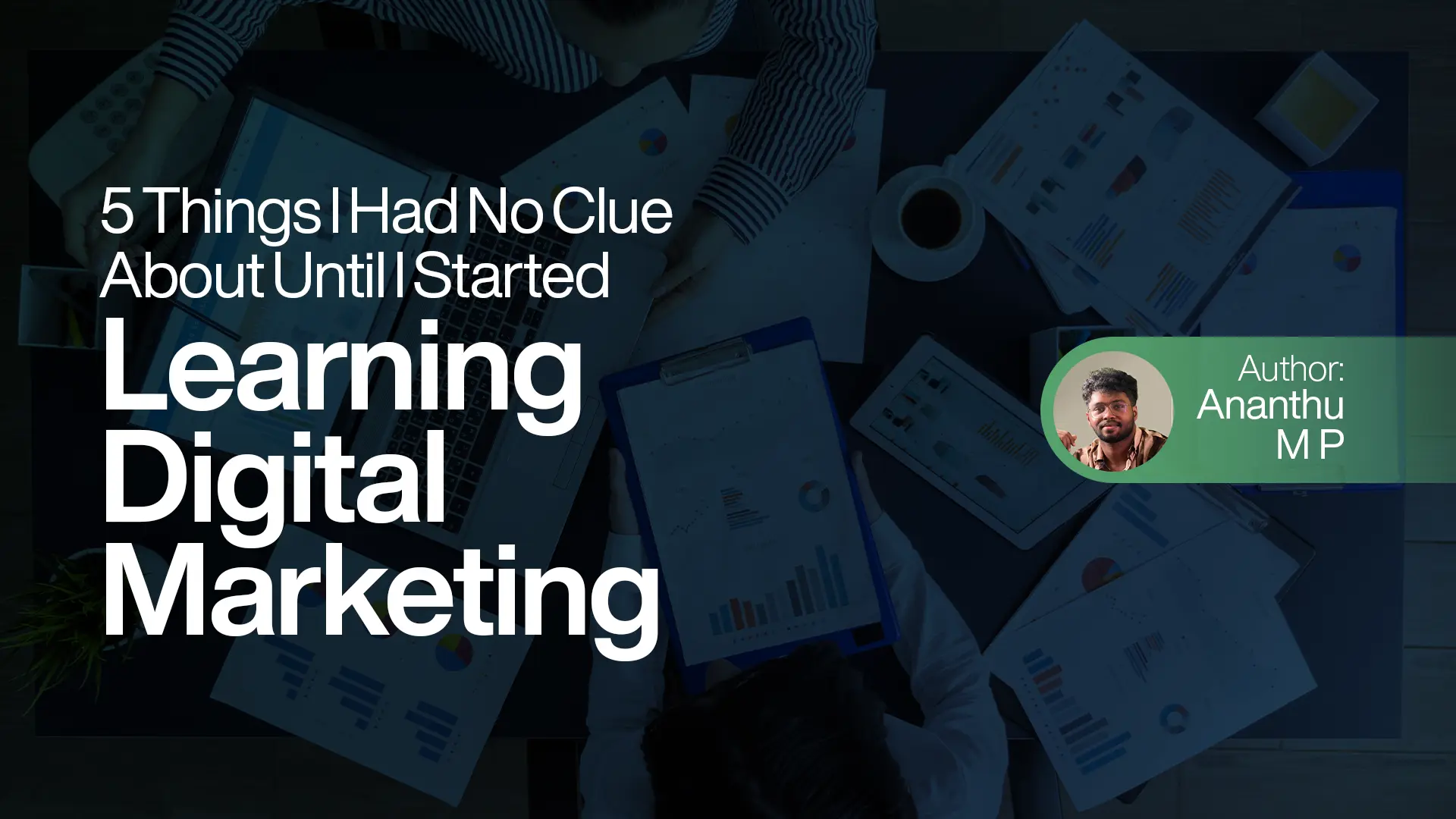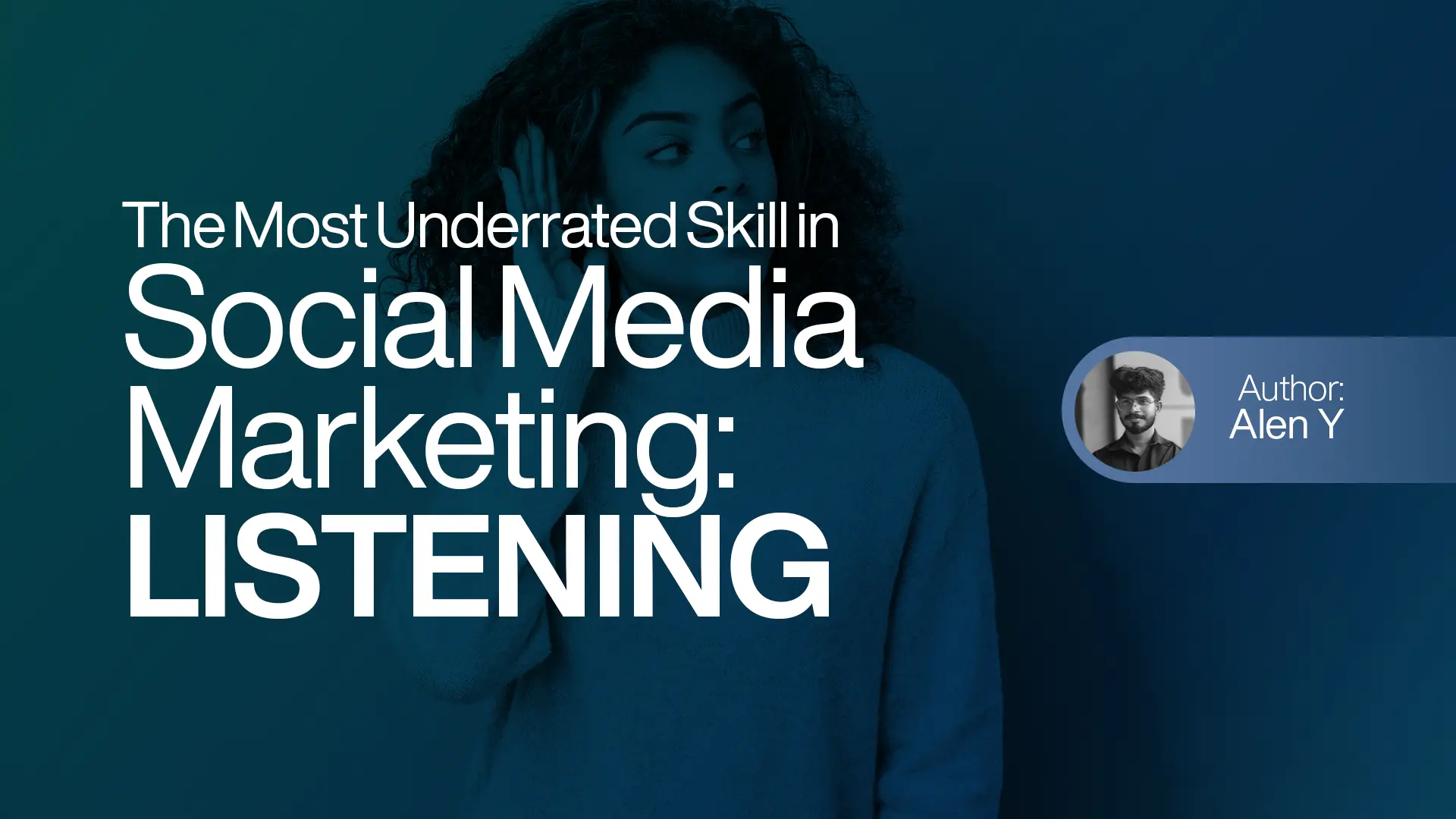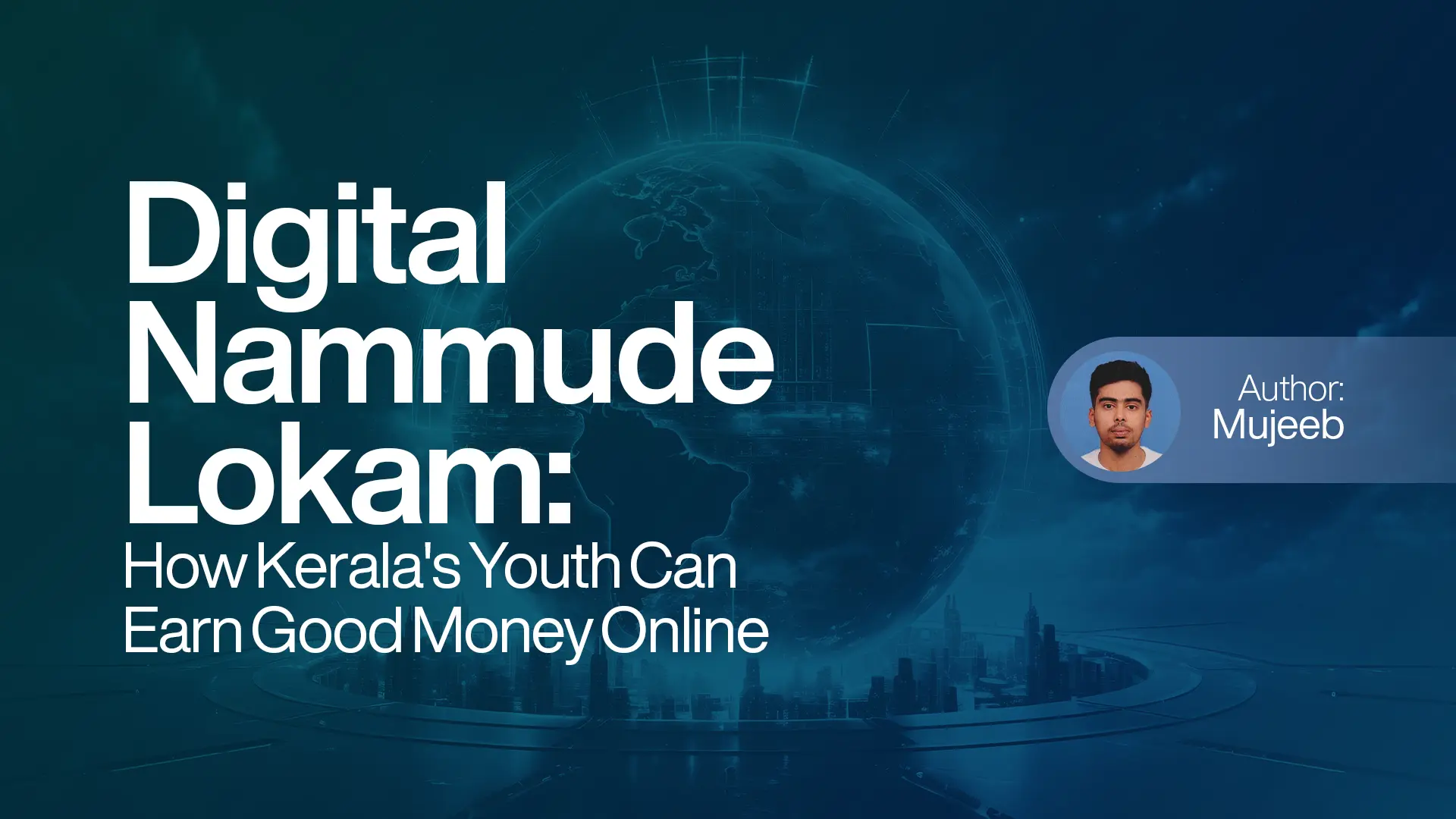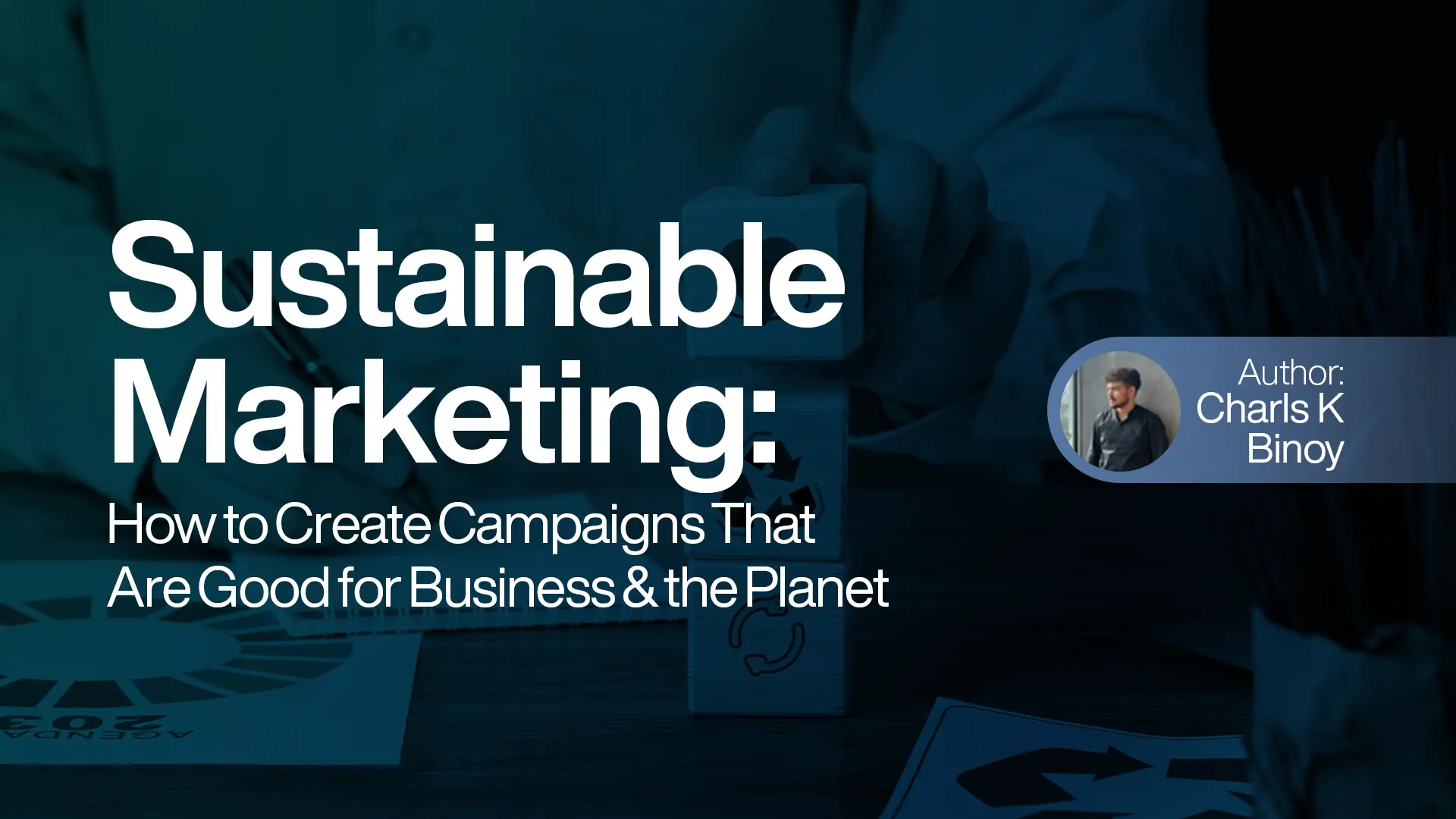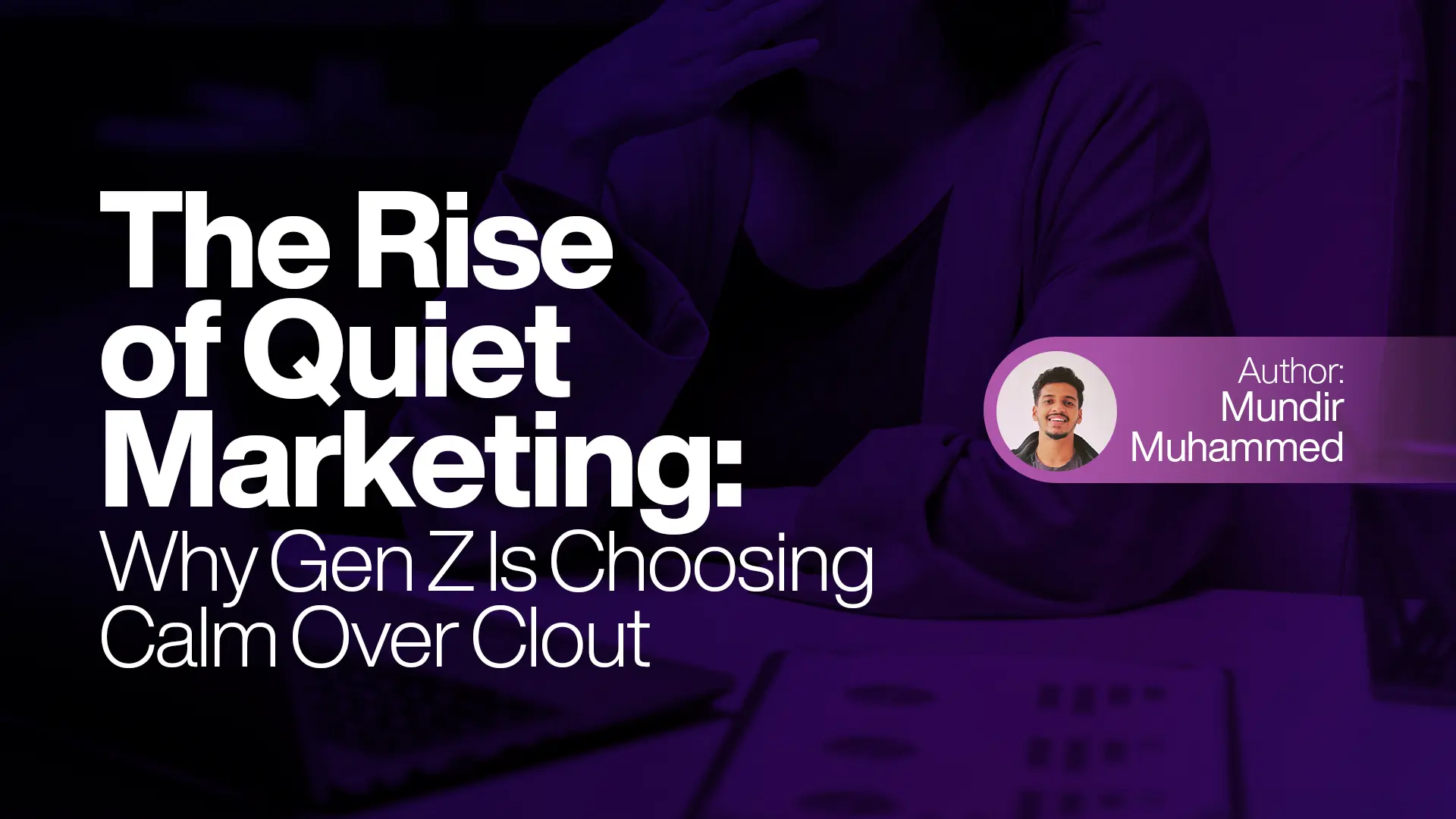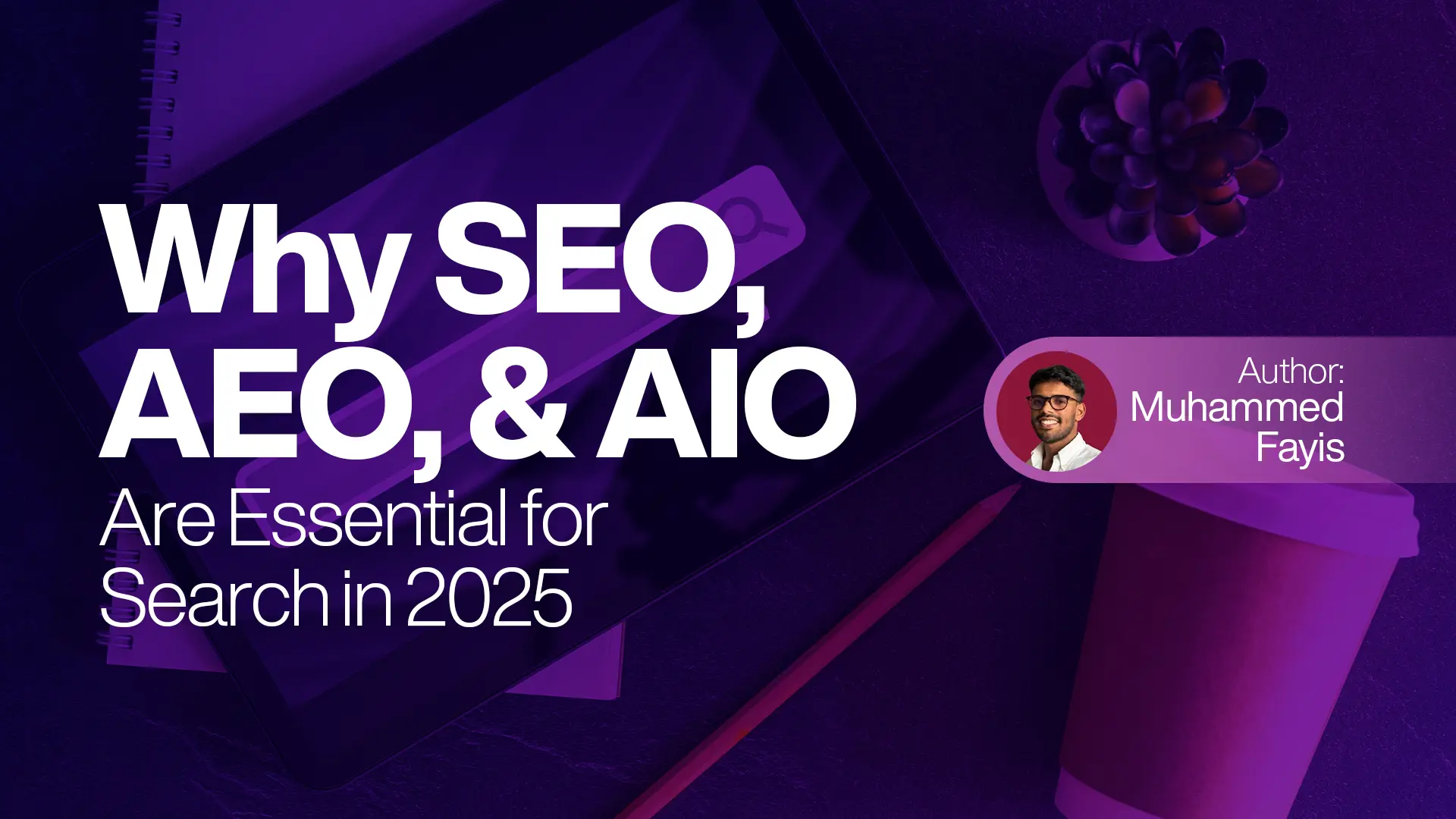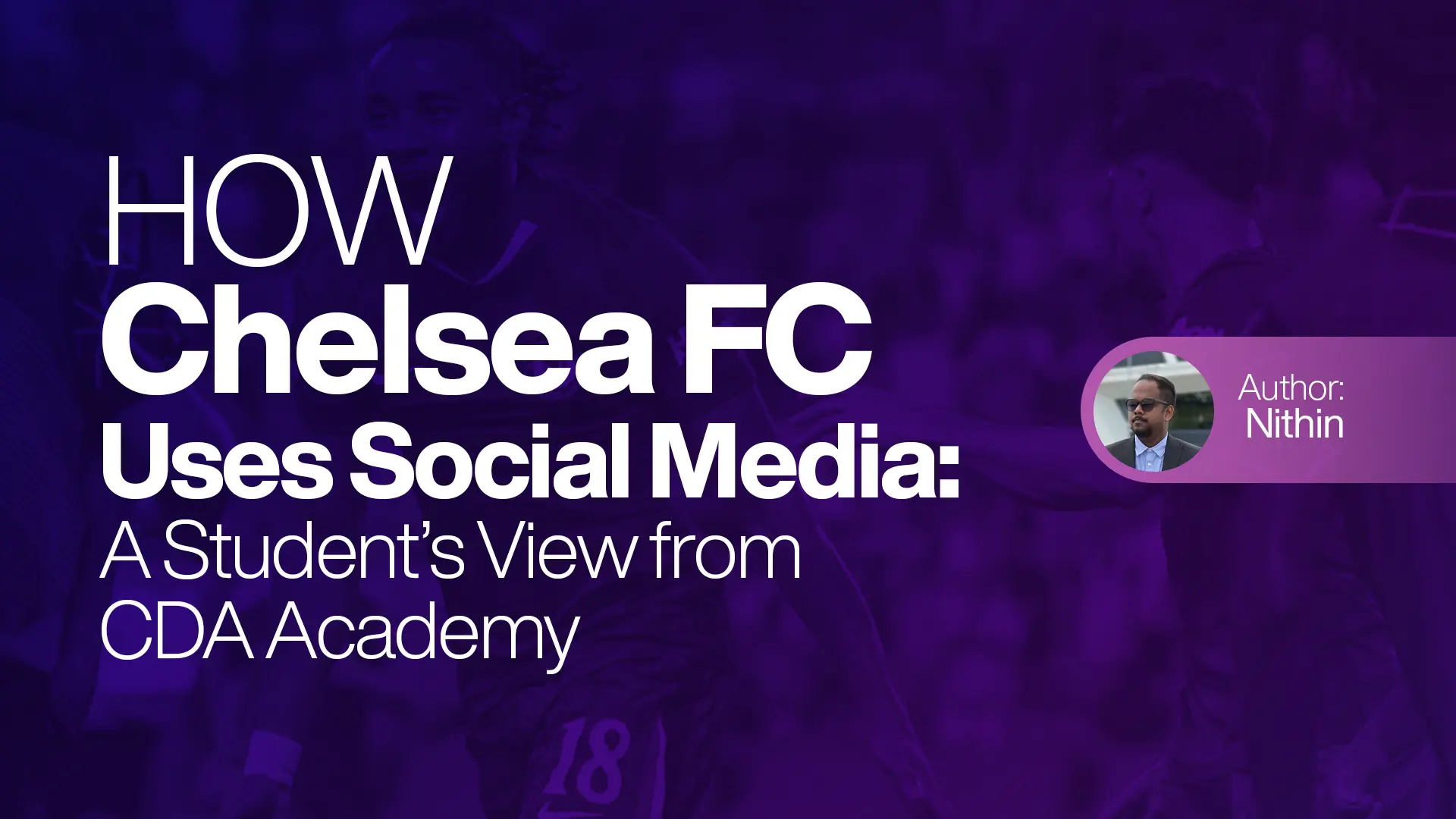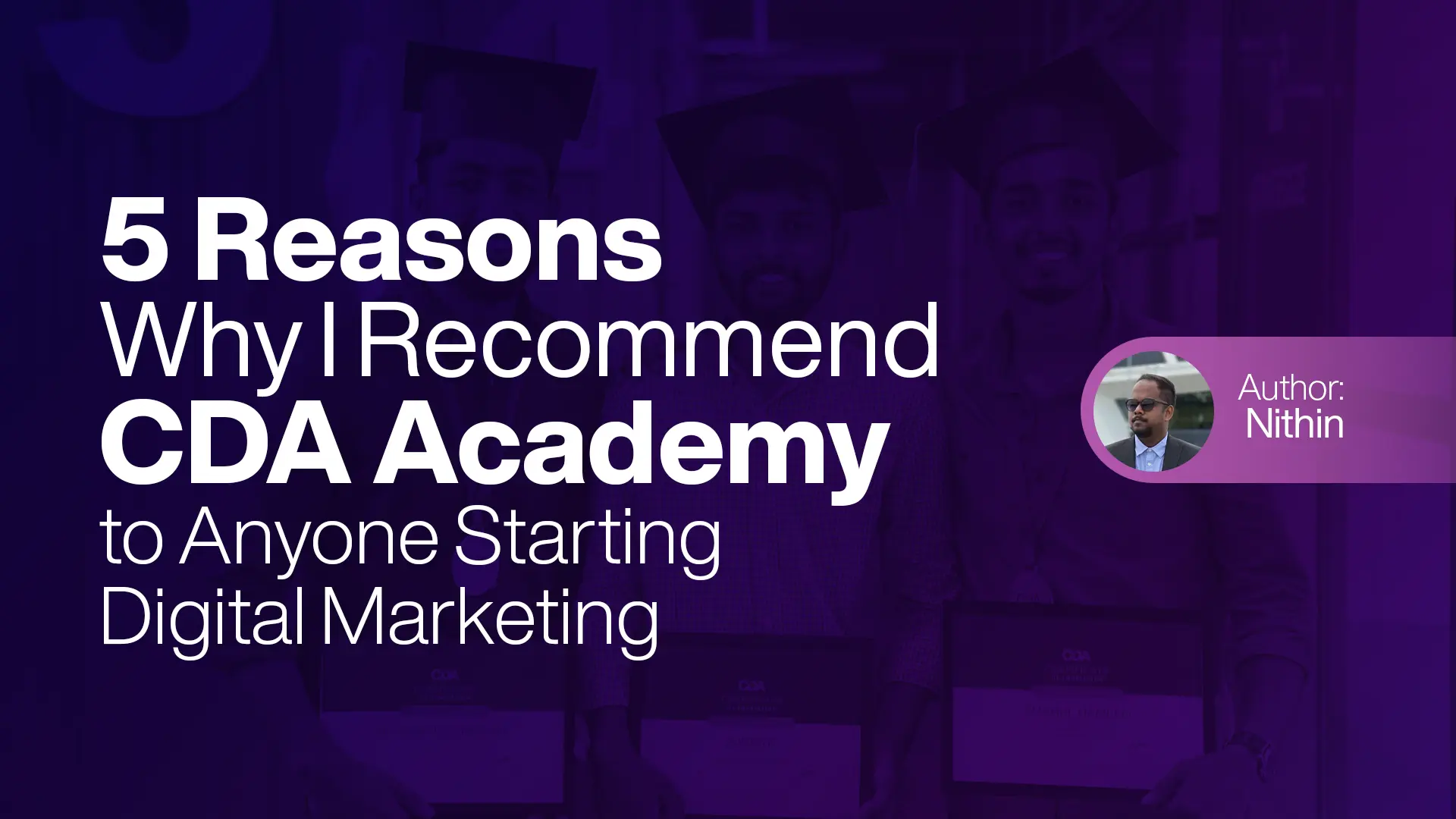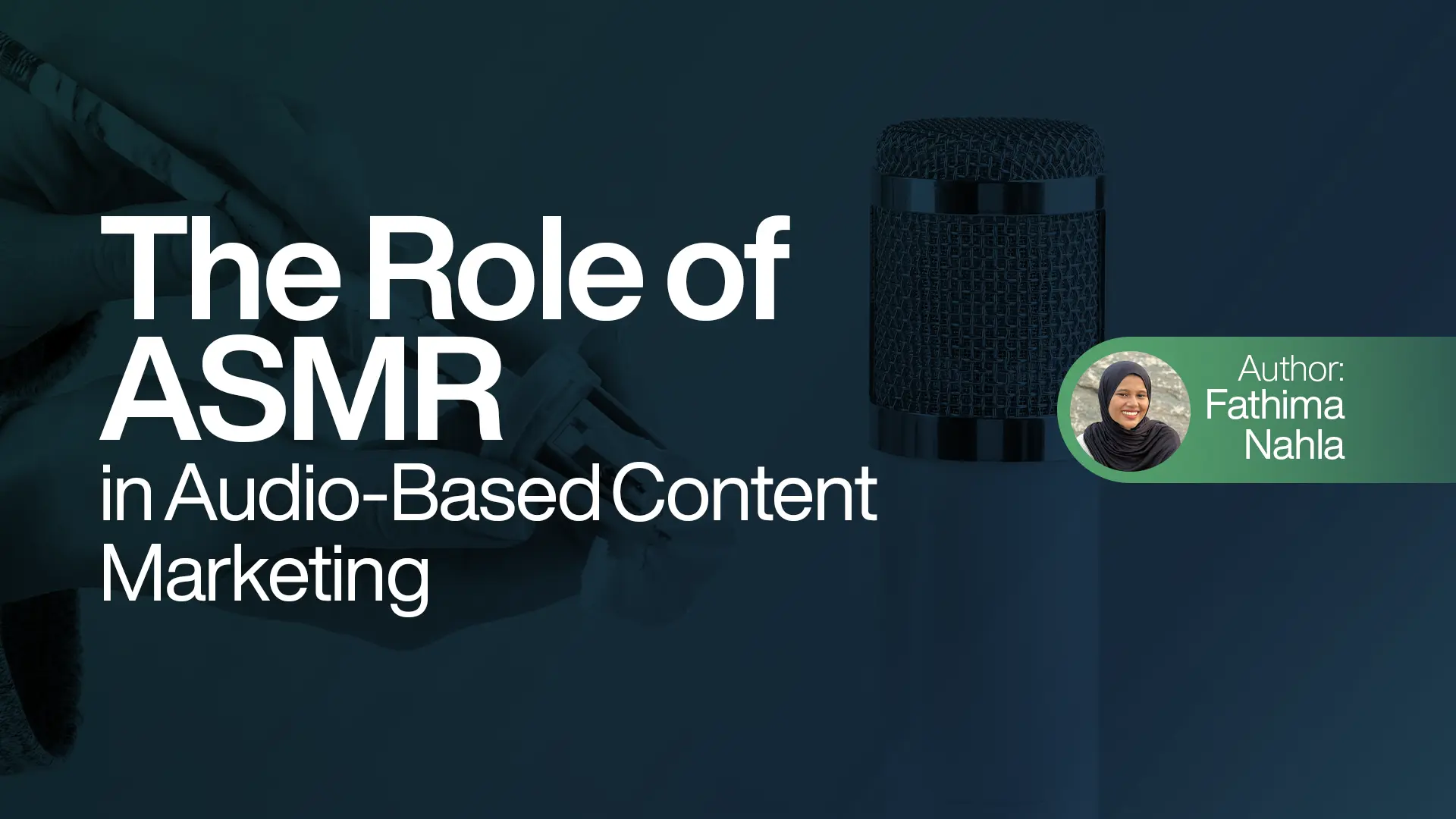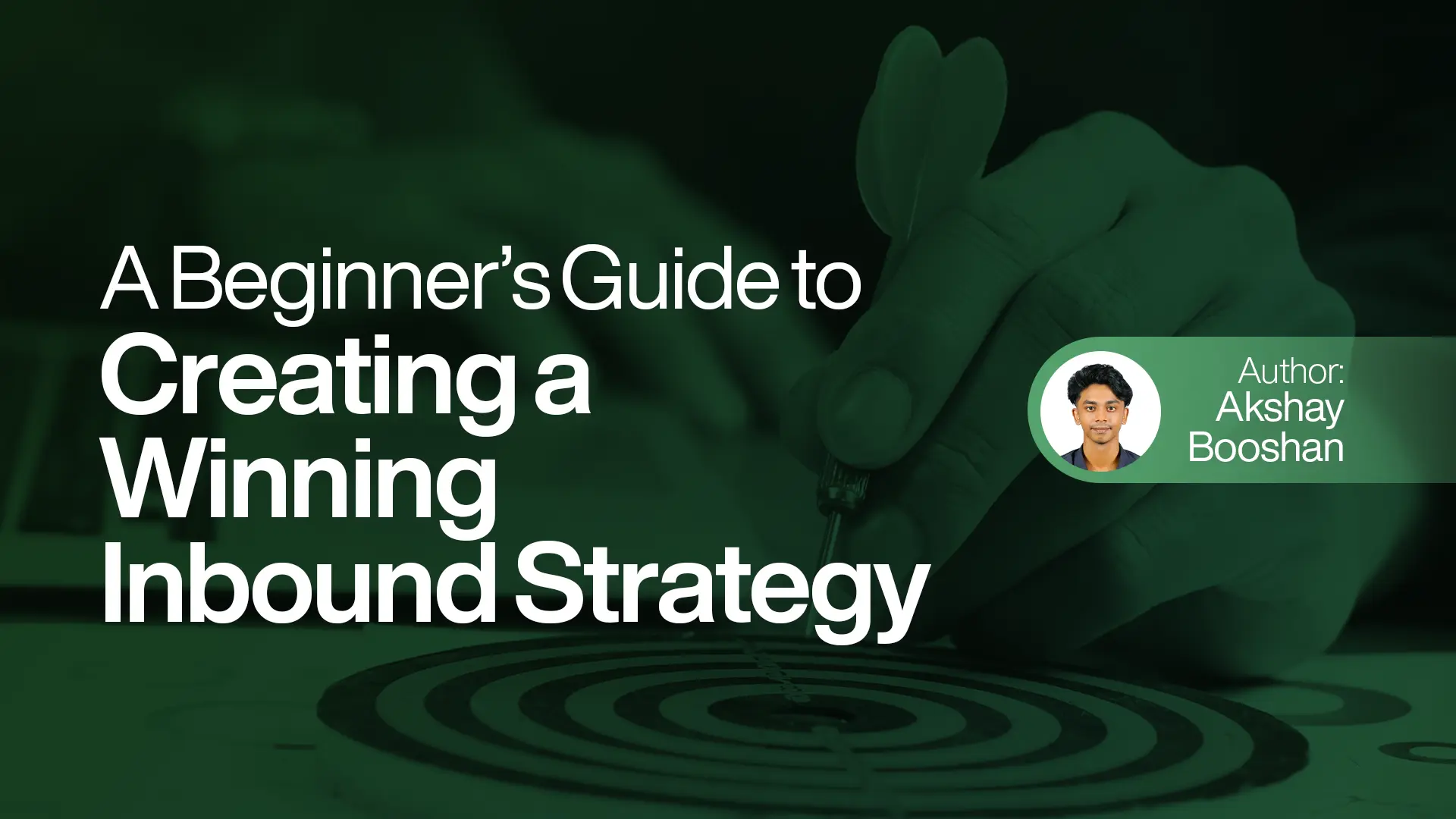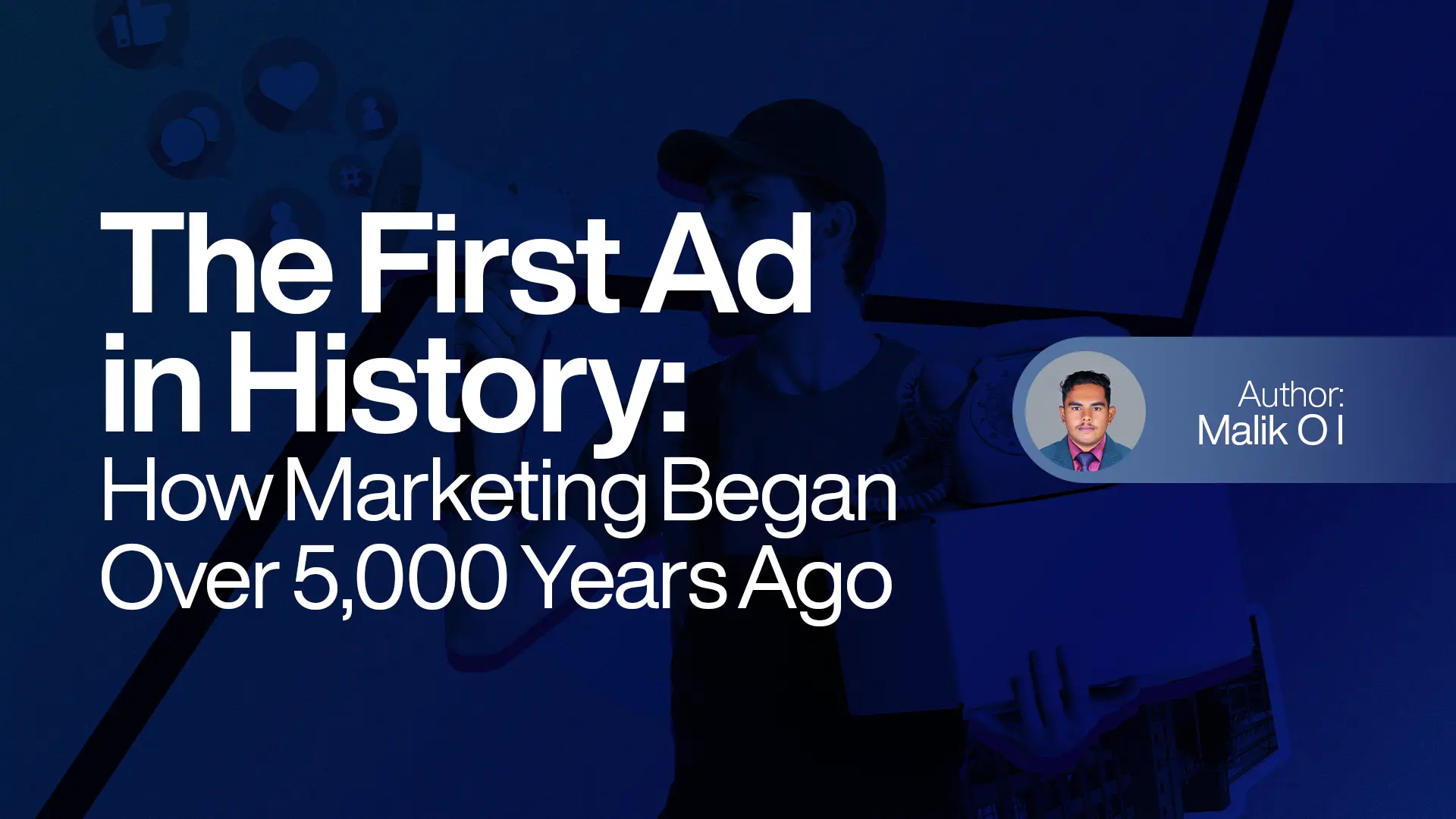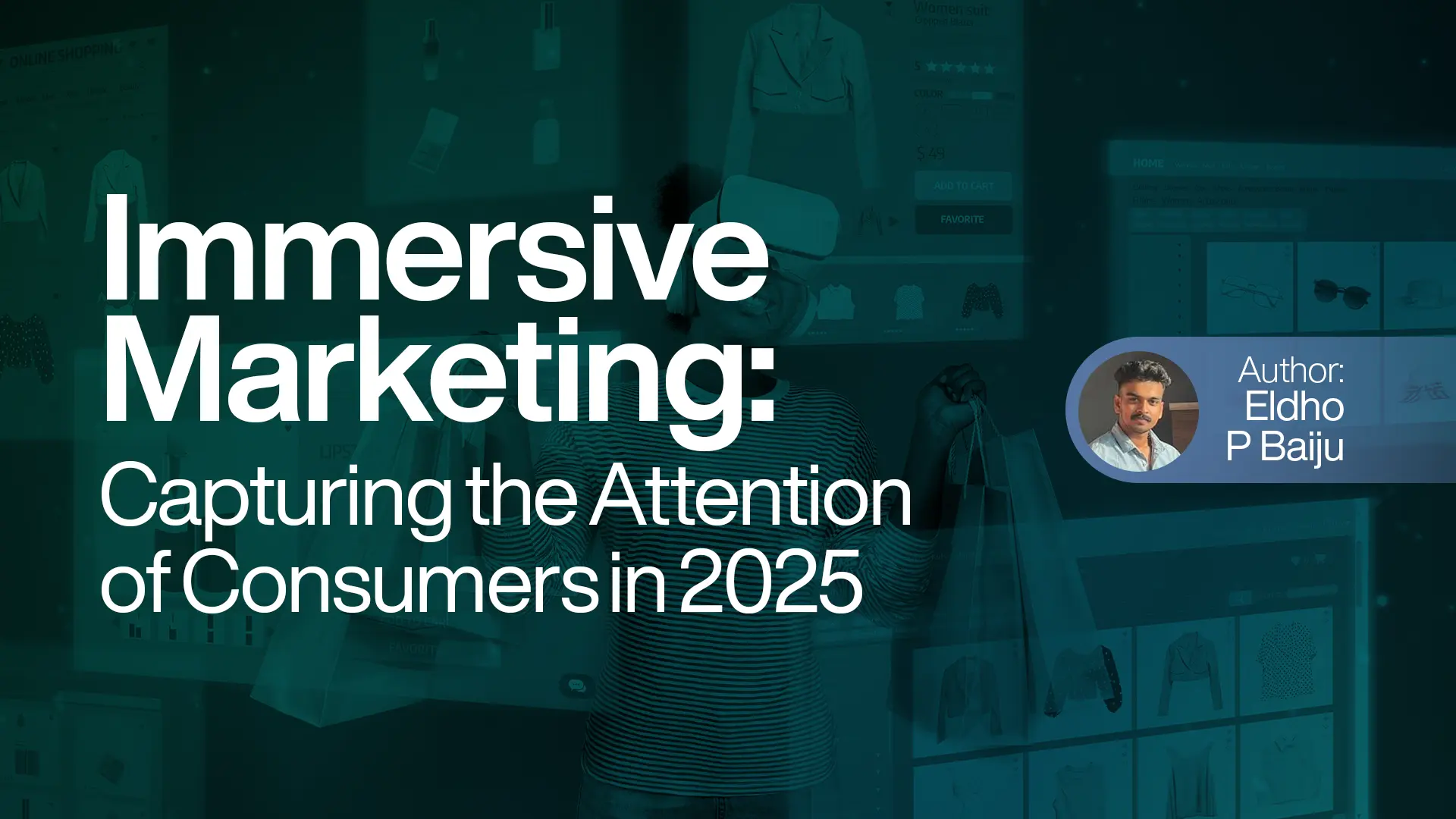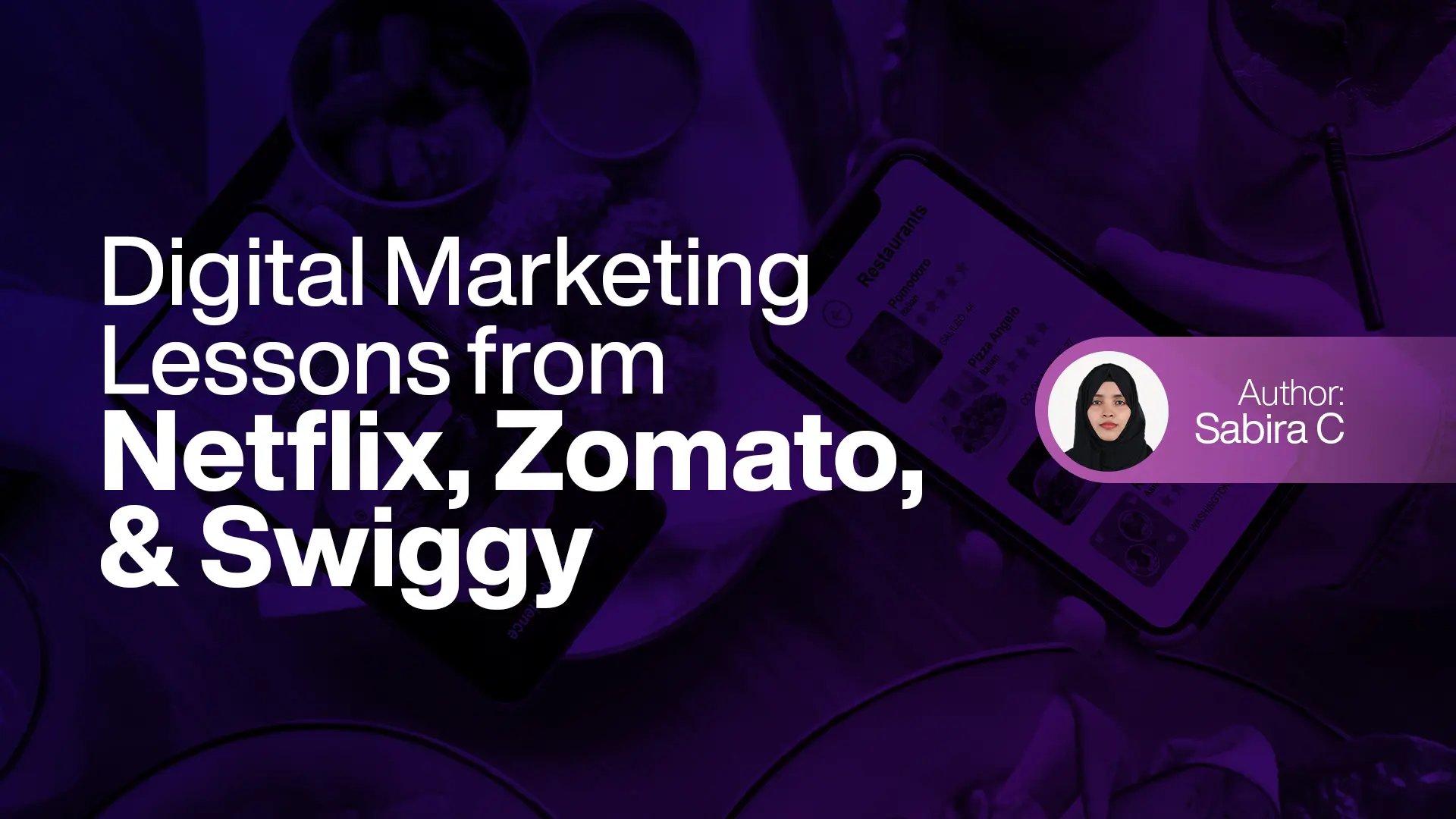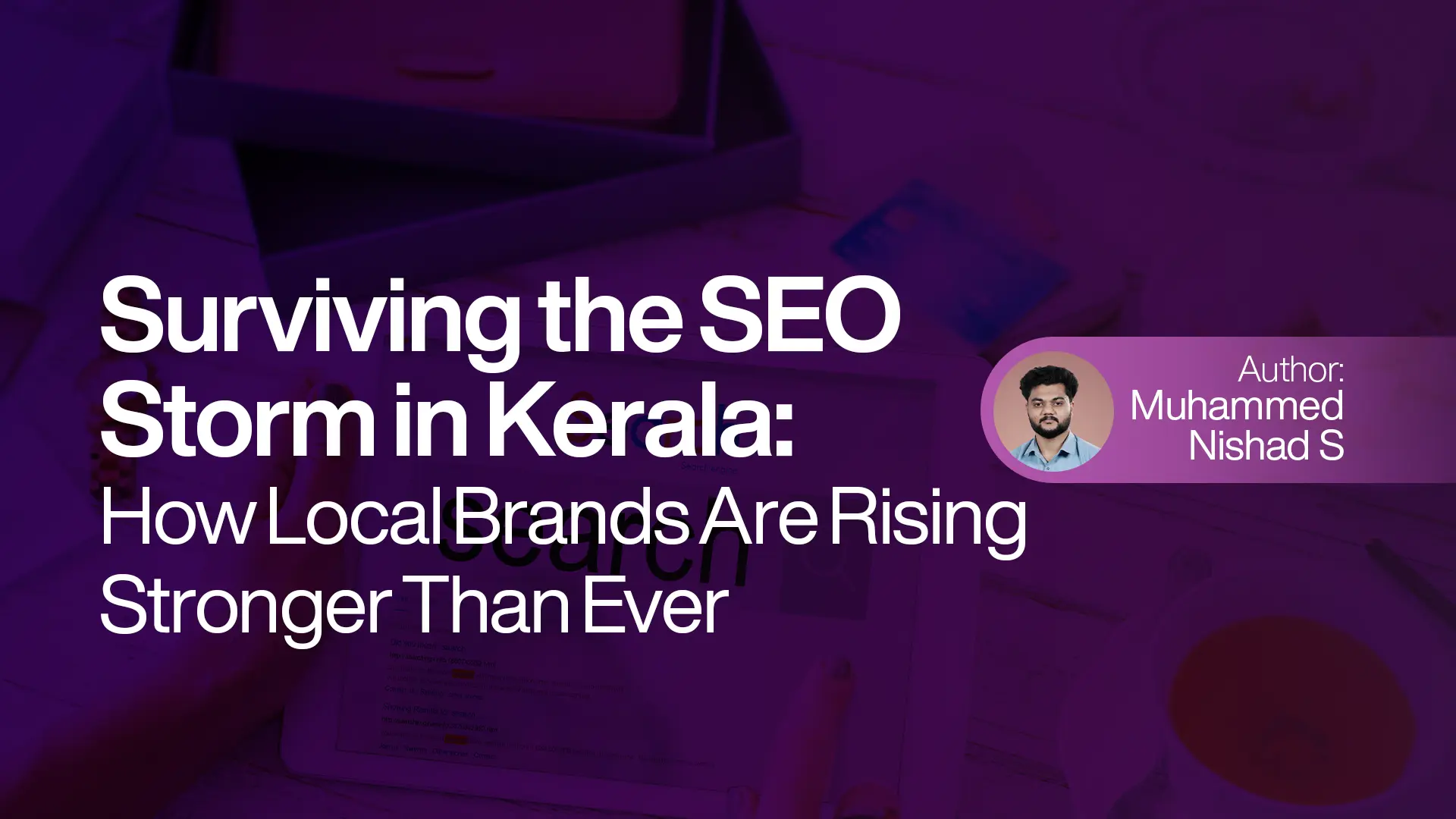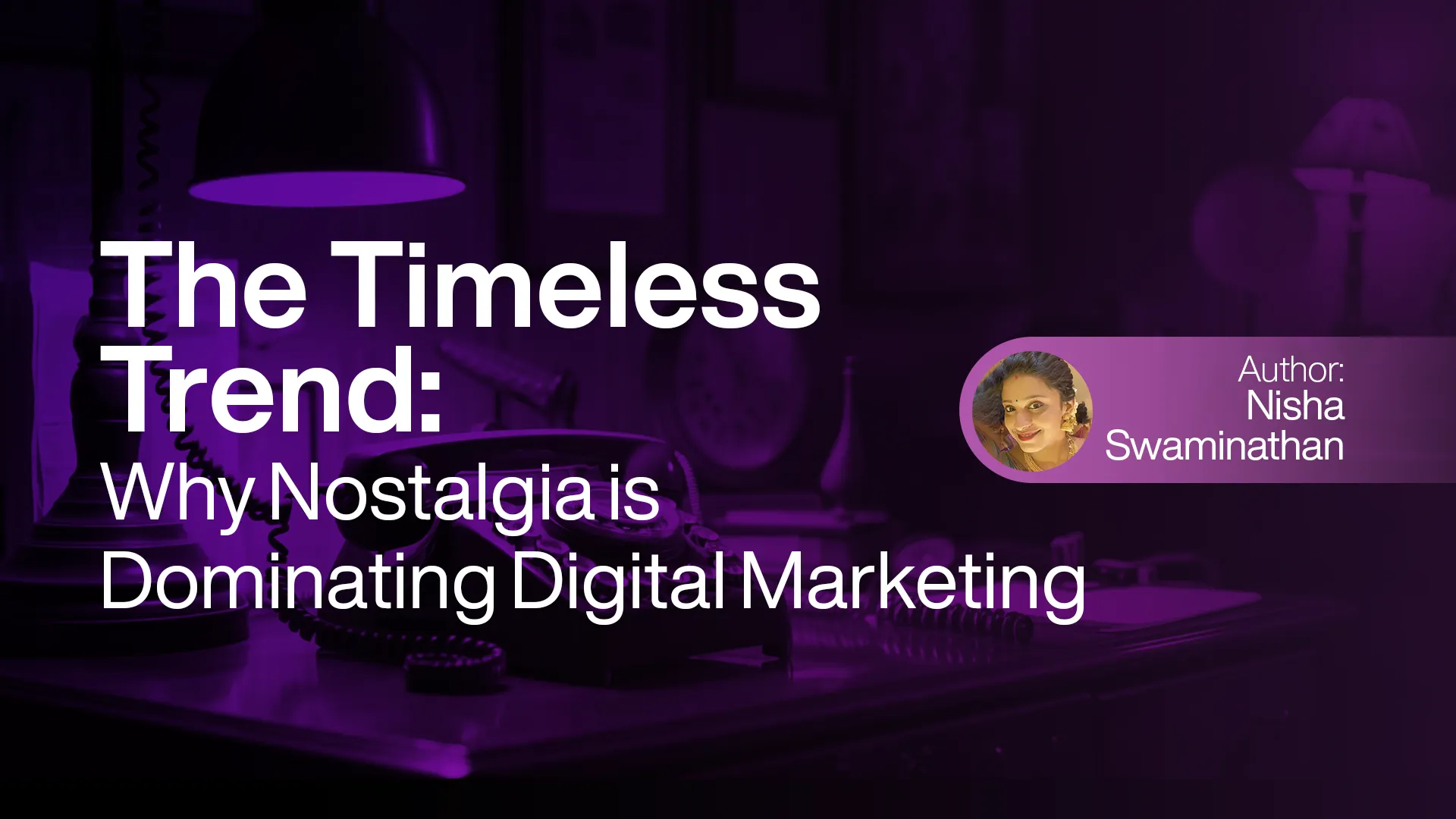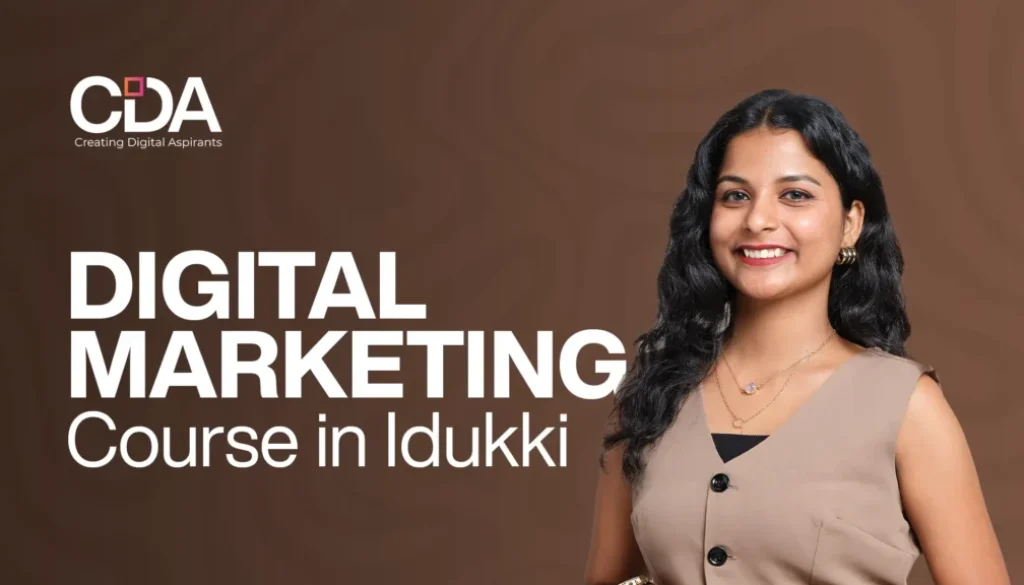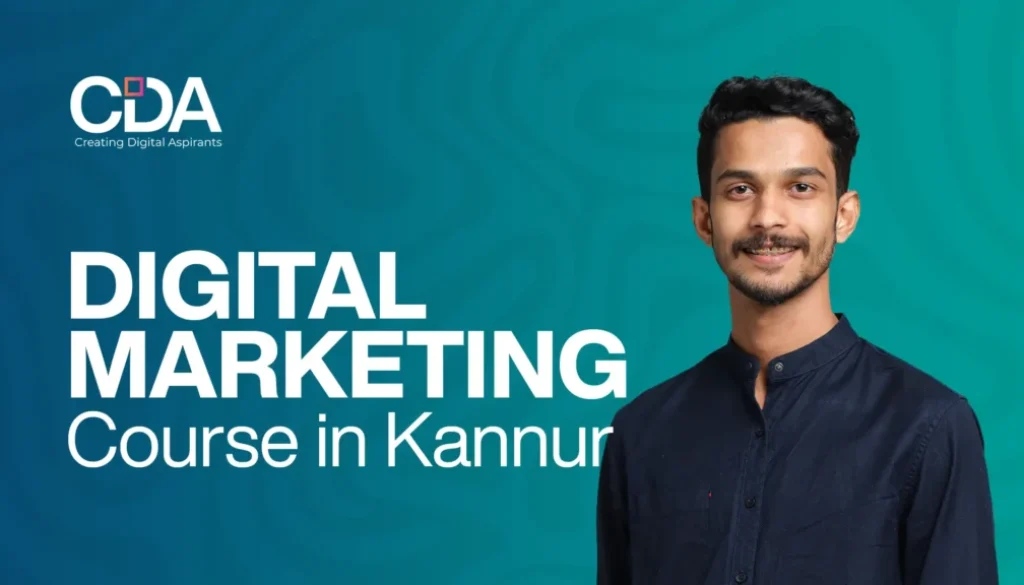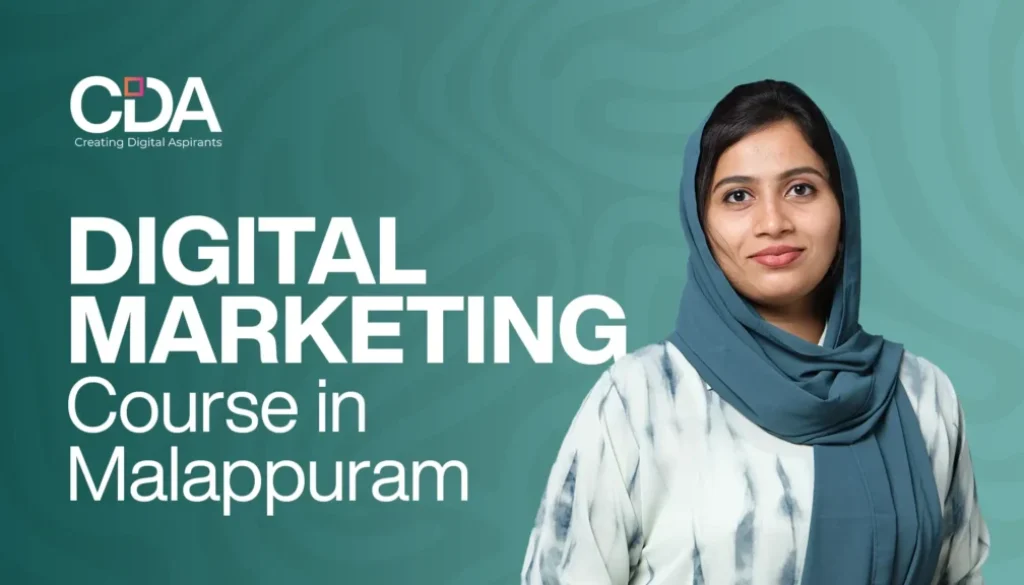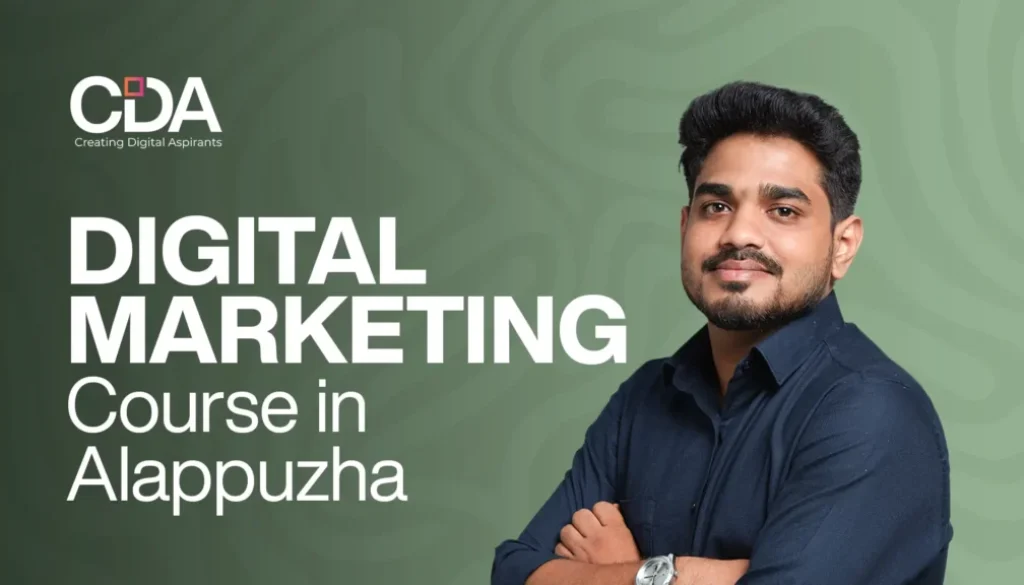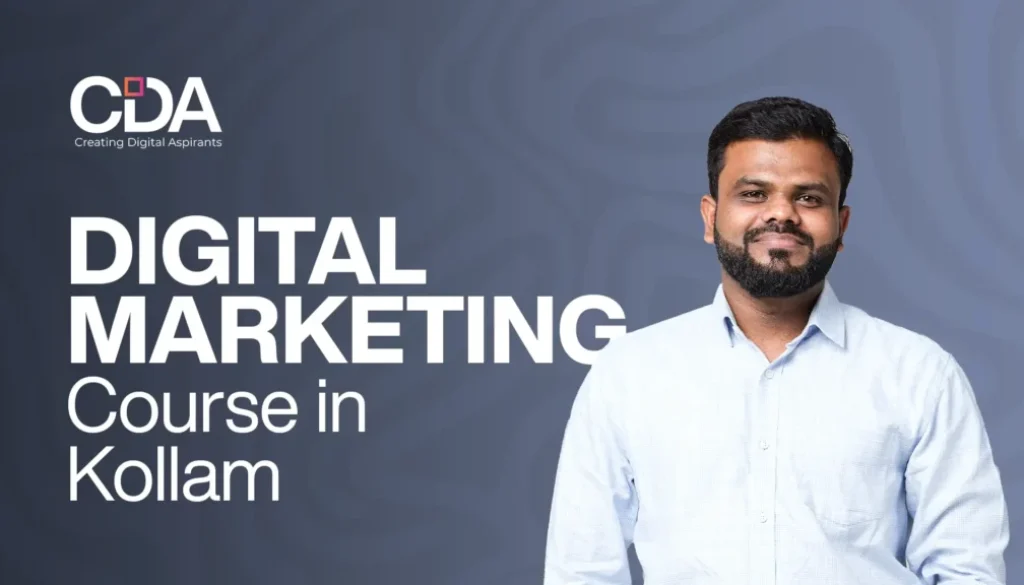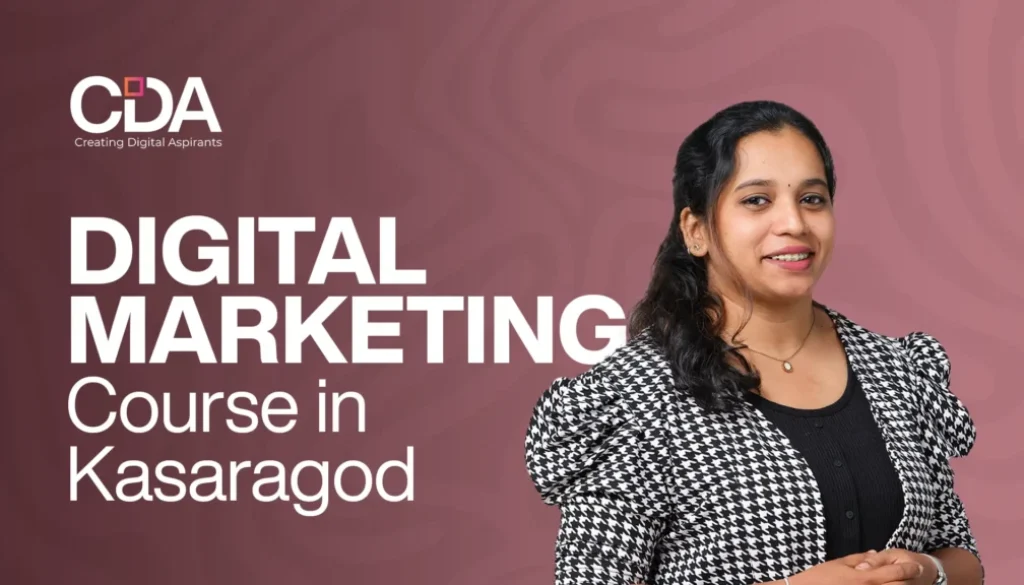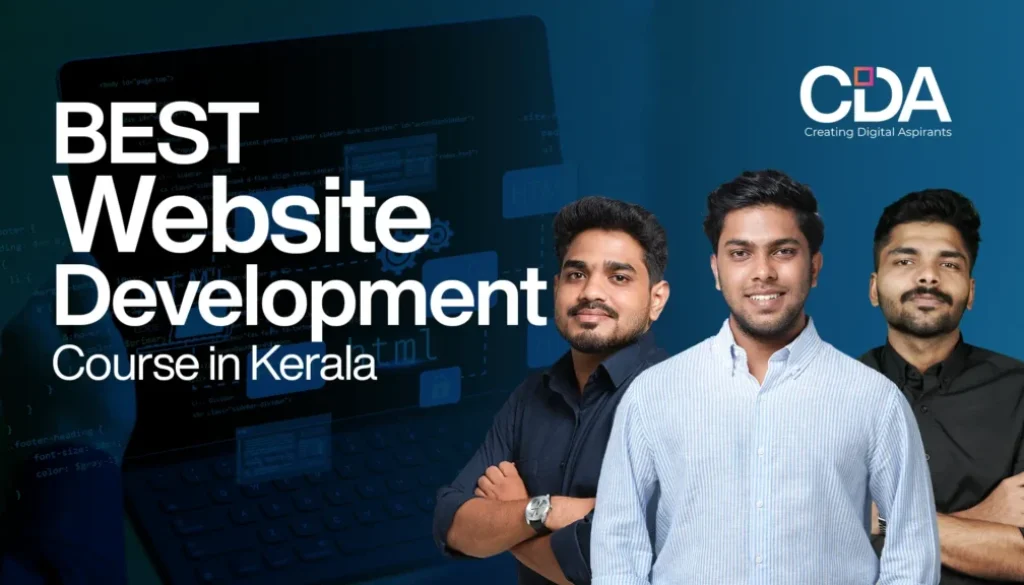Alright, let’s get real searching online? It’s a whole different beast these days. Google’s not playing the same old game, and honestly, if you’re still shoving keywords everywhere and chasing random backlinks, you’re basically stuck in 2012 with your flip phone and your Gangnam Style ringtone. Time for a wake-up call. The days of outsmarting some dumb algorithm? Long gone. Now it’s all about making legit, helpful stuff for actual humans.
So, what’s next for SEO? Let’s just dive in, no fluff.
1.AI’s Running the Show AI in search?
Oh, it’s everywhere. Google’s got all these wild tools RankBrain, BERT, and the latest shiny toy, SGE. They’re not just counting words anymore, they’re actually trying to figure out what you mean, even when you barely know yourself.
- RankBrain is like, “Huh, never seen that question before, but I’ll figure it out.”
- BERT? It’s picking up on all the weird ways people talk.
- SGE? Now Google’s just giving you AI-written summaries right in search results. Honestly, it’s kind of impressive.
Bottom line: If you’re still writing stuff just to please the bots, you’re missing the point. Google wants human-first, not bot-bait.
2. Voice Search & Zero-Click Madness
Ever yelled at your phone asking for the closest taco joint? That’s voice search, and it’s taking over. By 2030, more than half of all searches could be voice. People talk to their gadgets like they’re asking a friend for advice.
- These searches are chattier, super specific, and usually local.
- Most don’t even want to click, they just want the answer, right there. (Thanks, Google snippets.)
So yeah, aim for that “position zero.” Answer questions fast and clear, and maybe they’ll never visit your site, but hey, you’ll still get noticed.
3. It’s All About What People Actually Want
The old trick of targeting massive keywords? Useless now. Google wants to know why people search, not just what they type. It’s about matching the intent: are they looking for info, trying to buy, comparing stuff, or just getting directions?
If your page doesn’t line up with what people actually want, it’s basically invisible.
Your move: Write for the person, not the keyword. Figure out where they are in their journey and give ‘em what they need.
4. User Experience
Ranking Juice Remember when you could have a slow, janky site full of pop-ups and still rank? Yeah, that’s dead. Google’s Core Web Vitals is watching page speed, layout stability, mobile-friendliness. If your site loads like it’s on dial-up or looks like a hot mess on a phone, you’re toast.
Pro tip: Make your site fast, clean, and easy to use. No one wants to wrestle with your menu just to find your hours.
5.E-E-A-T and Topic Relevance Matter More Than Ever
Google’s Obsessed with trustworthiness especially for topics that matter (think health, money, legal stuff). That’s where E-E-A-T comes in: Experience, Expertise, Authority, Trust. If you’re giving advice on anything important, you better have receipts.
- Show who wrote it.
- Make sure they actually know what they’re talking about.
- Connect your content with related stuff. Prove you’re not just making things up.
Add bios, cite sources, be real. Google loves that.
6. Personalized Search
Everybody Gets Their Own Google Ever notice how your friend googles something and gets totally different results? That’s the future. Google’s already personalizing with stuff like Discover showing you articles you didn’t even search for, just because it thinks you’ll care.
In a few years, location, history, even which device you’re on will change what you see. The idea of “ranking #1 for everyone” is pretty much dead.
What should you do? Build a brand people actually care about. Keep them coming back so you’re always in their personalized feed, whatever weird flavour of Google they end up with.
Welcome to the new SEO. It’s messy, it’s wild, and honestly? Kind of exciting. Just don’t get stuck in the past.
7. So, How the Heck Do You Future-Proof Your SEO Strategy?
Alright, time to get real. Here’s what you should actually start doing like, yesterday:
- Write for people, not for some soulless algorithm. Seriously, nobody wants to read robot-speak.
- Figure out what users *actually* want, not just which keywords to spam.
- Toss some schema markup on your pages yeah, it’s annoying, but it helps Google make sense of your stuff.
- Answer questions straight-up. If someone asks, “What’s the deal with X?” just tell them. That’s how you snag those featured snippets.
- Make your site fast and look good on phones. If it’s slow or janky, folks will bounce in a heartbeat.
- Don’t just crank out random blog posts. Build up your authority on a topic, so people actually trust you.
- Lean on real experts and sources that aren’t, you know, your cousin’s blog from 2009.
Let’s Wrap This Up
Honestly, SEO’s future isn’t about obsessing over every little algorithm tweak. It’s about zeroing in on what real humans want. As AI, voice search, and all the fancy tech get smarter, the brands that’ll win are the ones that adapt, stay useful, and wild ideas actually help people.
So maybe it’s time to stop fussing over, “How do I get to the top of Google?” and start asking, “How can I actually be the best answer out there?”
Because, come 2030? That’s what Google’s going to care about. And, you know, your actual audience too.
Author Info
Vinayak R, a Digital marketing strategist In Kasaragod.
Learner of CDA Digital Marketing Training in Kochi.

